The Racing Post essential beginner's guide to horseracing

Want to know more about the sport of horseracing? Well, you've come to the right place. In our new introduction to racing our experts have collated the most essential information to help you understand and enjoy this brilliant sport, including how to pick a winner, four must-know facts and how to watch the action.
Welcome to horseracing
ITV Racing presenter Ed Chamberlin (chamberlinsports.com) on what makes the sport special . . .
I love a lot of sports but horseracing has something extra special about it – so special, in fact, that I left Premier League football to present horseracing on ITV.
Yes, it has its own language, and some find that intimidating, but please do not worry. Racing is a wonderful mystery. The strange words and phrases are just part of the voyage you begin when following this rewarding sport.
Go on the journey and you become part of something that has been embedded in our culture for hundreds of years. It's a sport that has long fascinated people from every walk of life, with the Queen a lifelong fan and still utterly entranced.
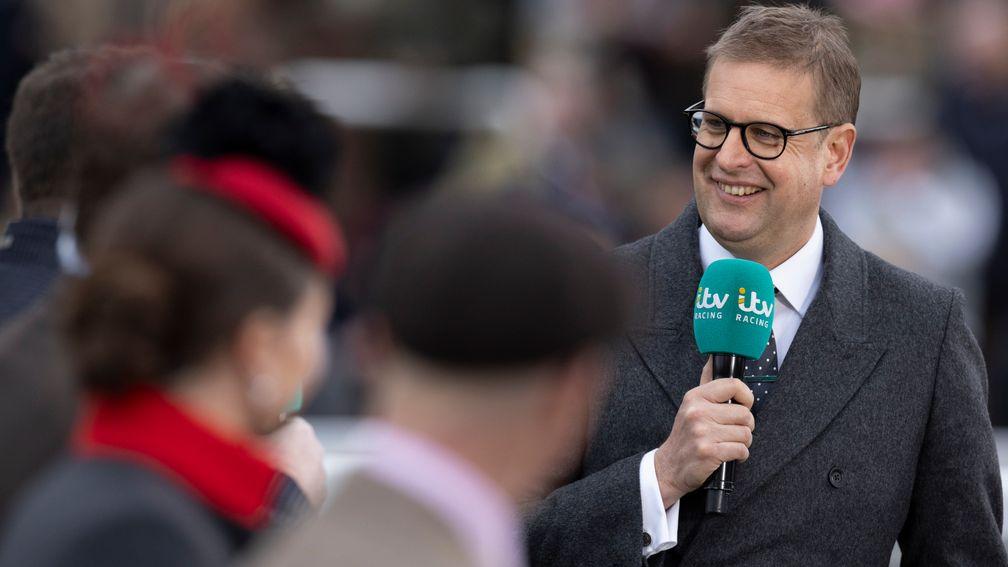
In racing you will discover fascinating stories, beautiful surroundings and incredible variety, from the pomp and pageantry of Royal Ascot to the lovely Lake District setting of Cartmel, from the unmatched thrills of the Grand National to a relaxed evening by the river at Windsor.
Most important of all, racing's greatest joy is the majestic thoroughbred, the fastest weight-carrying creature the world has ever seen.

Racing has so much to enjoy for people of every age and from every background.
Racing is for everyone.

Get £30 In Free Bets When You Place £10
- Best Odds Guaranteed (BOG)
Four things you must know about racing
By David Carr, reporter
1. Racing is actually two sports for the price of one. Horses race over obstacles and on the flat – these are called, simply enough, jump racing and Flat racing. They both take place year-round but generally speaking the best jump racing is in winter and the best Flat action is in summer.

2. Flat or jumps, the horse is the most important thing. A good horse can win under an inexperienced jockey but not even Sir Anthony McCoy and Frankie Dettori combined will win on a slow one.
3. By and large, horses run predictably and consistently. That is why they have been the world's favourite betting medium for hundreds of year – you really can study the form (see below) and use it to pick winners.
4. But that's not to say it's easy. Performances are influenced by factors such as a horse's fitness, the distance of the race and whether the ground is soft and boggy or firm and fast. You can look at a horse's past performances to work out whether the ground conditions will suit – and it's understanding these crucial variables that can give punters the edge.

The Inside Track: Frankie Dettori Q&A
What makes racehorses so special?
They are amazing, beautiful, unpredictable and so clever. They are lean, mean, powerful machines, athletes that can get to 60 kilometres an hour from a standing start in just five strides. A racehorse isn't a car. You don't just turn the key and make it go. We have built the fastest cars and bikes but the racehorse is pure nature. Nothing compares with them. Every horse has his or her own character and personality. They are living, breathing animals that we cherish and love.
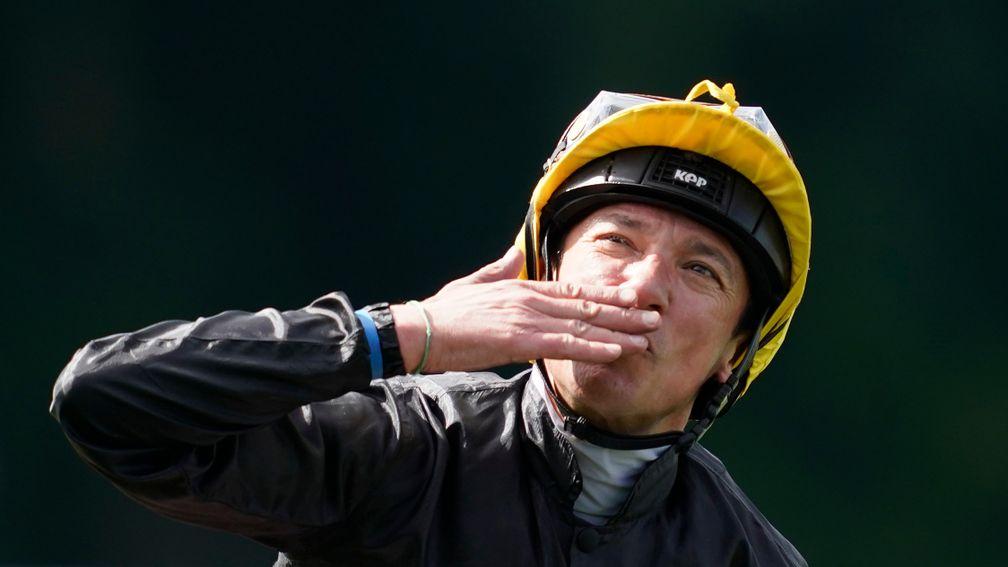
What's so great about a day at the races?
It's such a thrilling sport and at its best when you get the chance to see the horses close up in the flesh. You can spend a wonderful afternoon or evening with friends, grab a drink, have a meal and, if you want, place a bet. It's exciting and colourful. There's so much to enjoy.
How do you find a winner just from looking at a horse?
Look at how the horse is built, how he walks, his presence and demeanour. You must never set rules in stone, though. Just when you think you have a race sorted, a horse you hadn't even considered might surprise you. Sometimes the little horse who might not look much defeats the big horse. As with human athletes, physicality is an advantage but in racing you get lots of stories of David beating Goliath.
The jockeys' championships
The jump jockeys' championship runs for the majority of the year, with just a one-week break. This year it started on May 4 and runs until April 26, 2025.
The Flat jockeys' championship takes winners of both Flat and all-weather races taking place from the start of the Guineas meeting at Newmarket (May 4, 2024) and runs until British Champions Day at Ascot (October 19, 2024).
The jockey with the most winners in each championship will take the title.
Here are your current champions . . .

The trainers' championships
Both the jump and Flat trainers' championships run at the same time as the jockeys' championships. However, there is a major difference in how the winner is determined as the trainers' championship is decided by total prize-money rather than winners.
Here are you current champions . . .

Top ten racecourses in Britain
With 59 racecourses in Britain, each has its own charm. Quality of racing, beauty, atmosphere and history all play an important part in determining just how good a racecourse is, and the following made our top ten list . . .


How to read the racecard
By Racing Post form expert Graeme Rodway
Reading the form sounds a lot more difficult than it actually is, and here's why.
The basics are actually very simple. A quick look at the racecard will debunk the myth that reading the form is hard. The silks are simply the colours each jockey will wear and denote who owns each horse, and then to the right we have the age of the horse and the weight they are set to carry in the race. Weights will vary if this race is a handicap – these are races in which horses are weighted according to their past performances – but in non-handicaps most horses will carry the same.
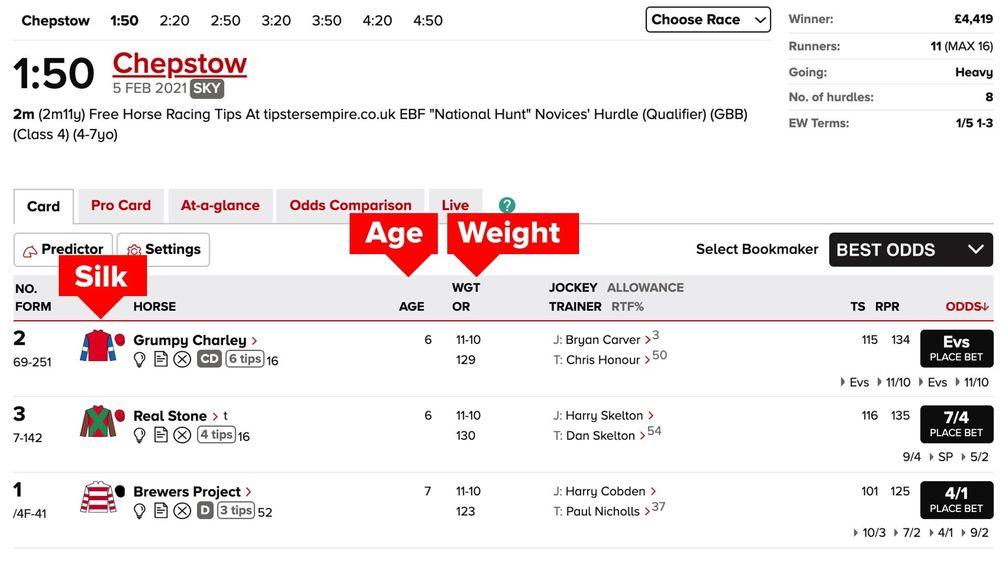
Further to the right is the trainer and jockey. Some will place more importance on these than others. I've always been a big believer that it's the best horse who wins the race and not necessarily the best trainer or jockey, but that's a debate that continues to run.
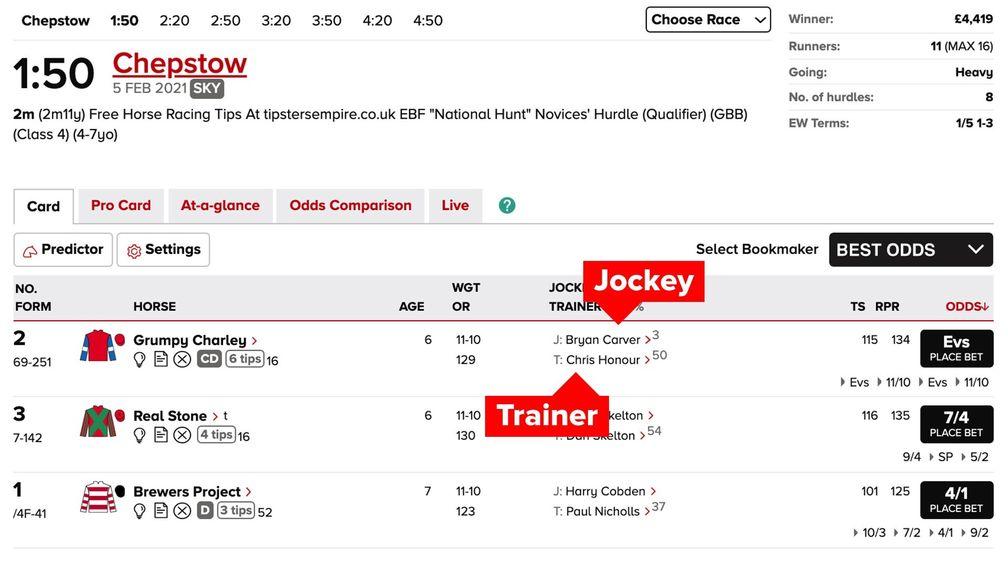
So how do you find the best horse in the race? The string of numbers to the left of each horse's name are the form figures and they are places they have finished in their most recent races, reading from left to right with regards to their latest position. So if a horse has figures of 616111, it would have won its last three races but finished sixth the time before.
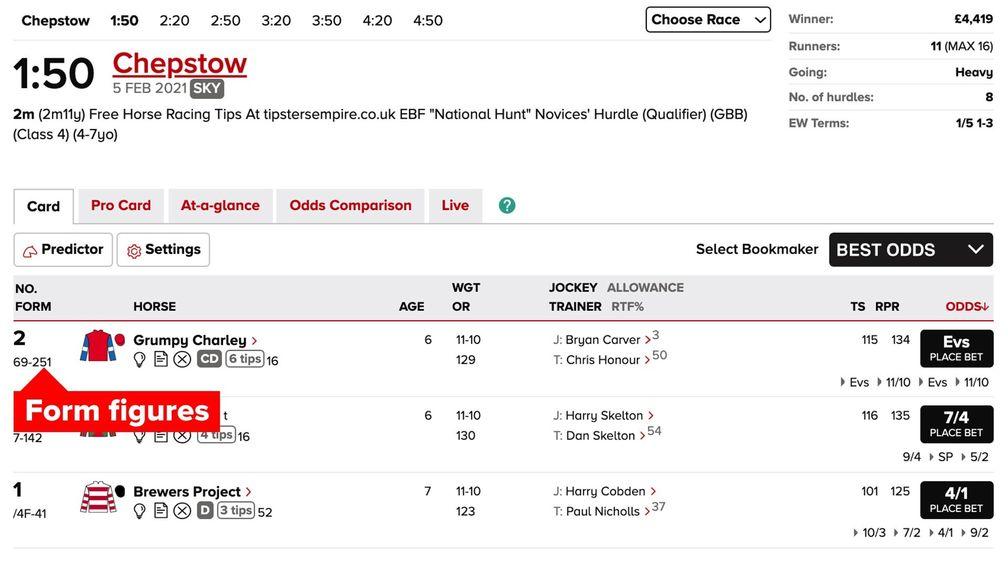
Generally speaking, the better the form figures the better the horse's chance, but that might be reflected in the odds – the probability of a horse winning according to the bookmakers – which can be found to the right-hand side in fractional terms. Taking 4-1 as an example, a successful £1 bet would yield a return of £5 – the £4 winnings plus the stake. A horse with a string of 1s by their name is likely to be a lot shorter in the betting than one with 0s, for example.
By doing those simple steps you've already started to read the form, albeit at its simplest. You already know that the better the form figures the better the chance and the shorter the likely odds. So we have come a long way without having to delve too deeply into the form book.
If you want to go a little deeper, however, you can click on the horse's name to access its profile page, which will show you past performances. Here you can see what races it has previously contested, where they were staged, over what distance, and where the horse finished. This will help you understand how the horse might fare in today's race.
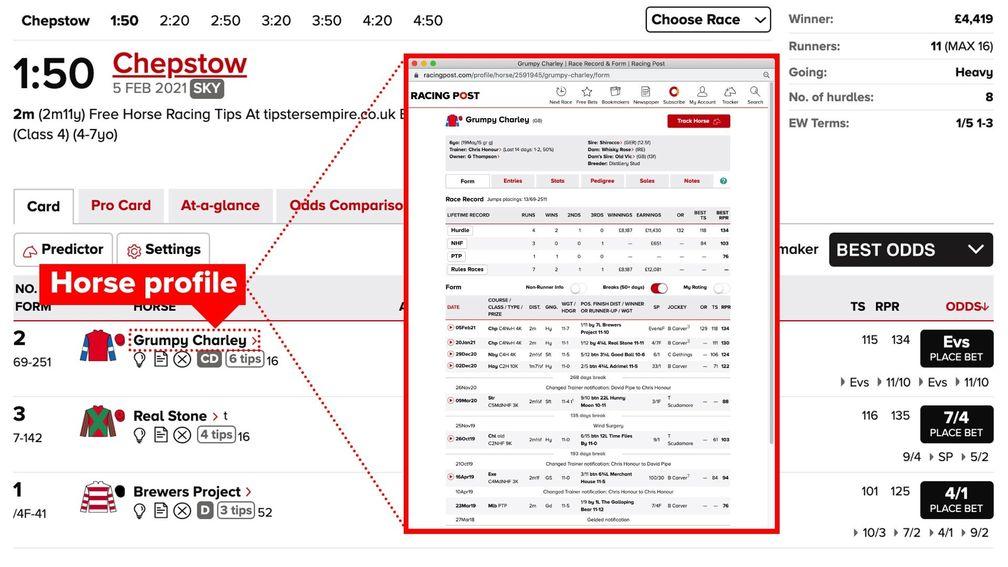
One final thing I would urge you to do is to check the Racing Post Ratings, which are usually found to the left-hand side of the odds. These represent the views of Racing Post experts and, generally speaking, the higher the rating, the better the horse's chance.
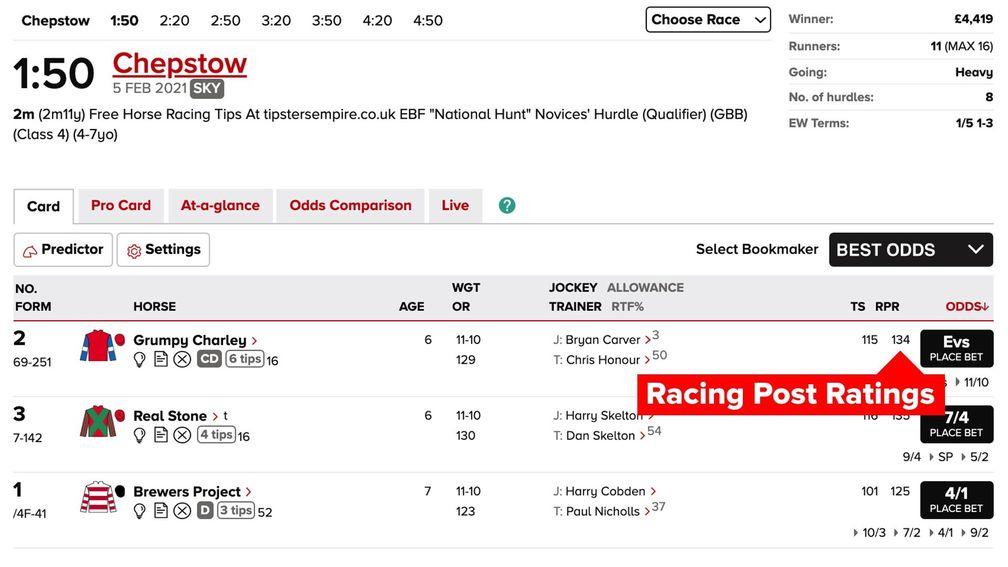
If you can find an in-form horse, with strong recent form figures, a high Racing Post Rating and reasonably generous odds you could be on to a winner, so don't be afraid to get involved.
Paul Kealy's five-step guide to finding a winner
A small bet on a race can be a thrilling way to enjoy the action. While the more you know will generally enhance your chances of finding winners – and hence following this sport can give a lifetime of pleasure and achievement – even beginners can improve their odds by following a few simple rules.
Here are five key rules from the Racing Post's Paul Kealy, one of our top experts with decades of betting experience:
1. Get to know the horses. They may look the same but horses, like human athletes, require certain conditions to produce their best. Usain Bolt may have been unbeatable over 100m, but he'd never have won a top race over a mile. Likewise, horses will have their own range of requirements, the two main ones being distance and ground. You can determine the conditions different horses like by looking at their past performances.
2. Get to know the trainers. Like all humans, trainers are creatures of habit, so get to know theirs. Some will have really good records at certain tracks and really poor records at others. Some will have regular quiet spells at particular times of the year and other spells when the winners readily flow.
3. Get to know the tracks. From the surface underneath, to the topography of the track, to the tightness of the bends, every racecourse in Britain and Ireland is unique. Some will suit prominently ridden horses, others those ridden more patiently. Some Flat courses will have a distinct draw bias at different distances – in these races horses break from mechanical starting stalls and their position on the track can give certain runners an advantage depending on whether they are drawn to emerge from one side of the track or the other.
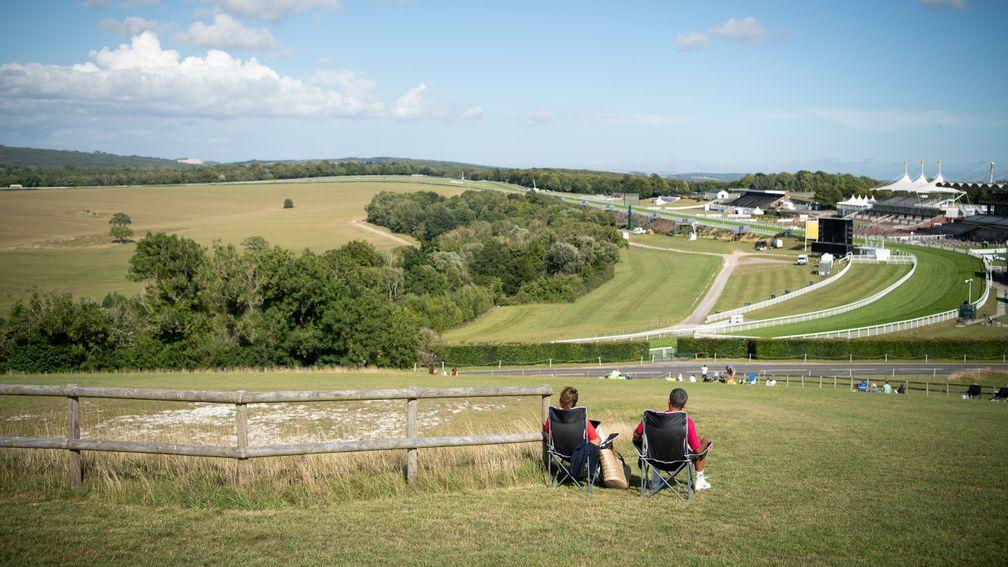
4. Have a forgiving nature. Of course, if a horse keeps running badly you'd be wise to give it a wide berth, but ignoring one or two bad runs can lead you to back winners at decent prices. A forgiving nature is a definite plus.
5. Do your homework. Sorry to ram this home, but if you're a beginner not prepared to spend a bit of time on study you're always going to be a beginner. If you get as much fun as I do from studying form, watching past races and attempting to solve each puzzle, it won't seem like work at all.
Which bookmaker should I bet with?
Competition among bookmakers, particularly online, is fierce, so don't be afraid to open accounts with multiple firms and if you are betting on course, be sure to shop around the betting ring and bet with whoever is offering the best price.
Our RP Recommends section has plenty of information and offers impartial advice from our experts in order to help know who, when, where and how to place your bet.
How to place a bet on the Racing Post app
Getting your bets on via the Racing Post mobile app could not be more simple. Here's how:
1. Download (or open) the free Racing Post mobile app.
2. Log in to your existing bookmaker account when you first open the app, or via the 'Accounts' tab. You can also register for a new account.
3. Go to the cards, pick a race and once you've made your selection, simply tap the odds button beside the horse you like.
4. Choose your stake and tap place bet.
5. Watch the race live on our app.

Where to watch racing
Few sports are as easy to watch as racing and nobody need ever miss any of the many thousand races run each year.
With 59 racecourses in Britain and 26 in Ireland, you're almost certainly not far away from a local track, and tickets for regular meetings (when spectators are allowed) can often be as low as £10.
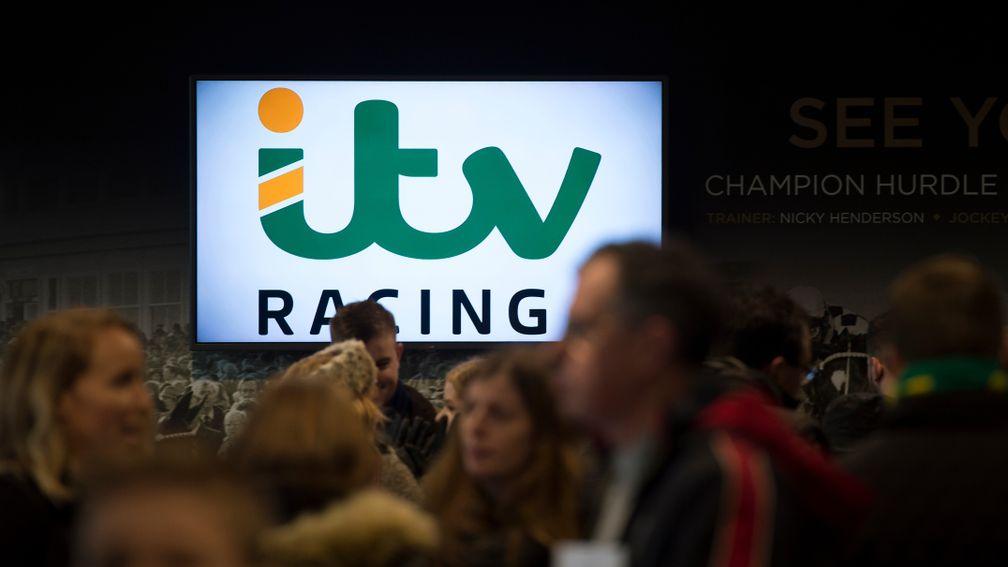
Stay-at-home viewers are just as well catered for. The best meetings are broadcast on either ITV or ITV4, with racing broadcast every single Saturday afternoon, plus lots of big festival meetings (like the famous Cheltenham Festival in March) which are staged through the week.
Every single race every day can be seen live on Sky Sports Racing (free on Sky channel 415) and Racing TV (a subscription channel on Sky 424).
It is also possible to watch races on your phone, tablet or computer screen by logging on to a bookmaker account and streaming via the Racing Post website or mobile app.
Naturally, betting shops – and bookmaker websites and apps – also show all the action.
Want to know more?
The racecards
Find out more about the daily races, upcoming events and big-race entries via our cards page.
The results
Get the latest racing results, including fast results on the British and Irish action – plus for international races – on our results page.
The best tips
Get the very best advice direct from the horse's mouth via our expert tips page, featuring free tips as well as exclusive advice from some of the best judges in the business.
Racing Post Members' Club
Racing Post Members' Club is the ultimate community for racing fans and punters, providing award-winning journalism, expert insight, comment and opinion, and tools designed to give you an edge. You can sign up here.
Read these next:
Who is Frodon, why was he so popular and where is he now?
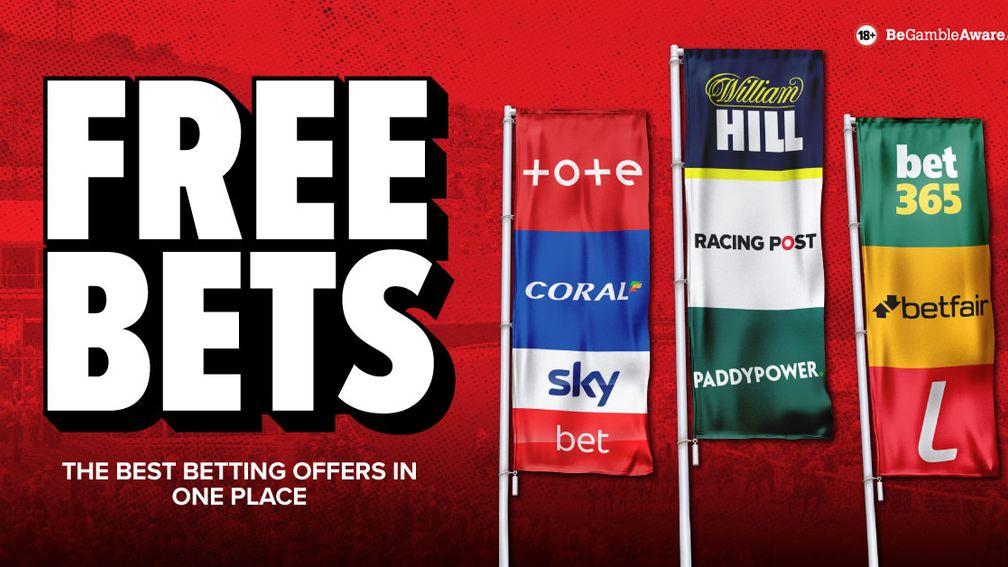
Looking for free bets? Racing Post have got the best offers, all in one place. Visit racingpost.com/freebets to find out more.
Commercial notice: This article contains affiliate links. Offers are handpicked and come from operators that our experts have first-hand experience of. Opening an account via one of these links will earn revenue for the Racing Post, which will be used to continue producing our award-winning coverage of horseracing.
Published on inGet to know to racing
Last updated